Apple essential oil is typically produced through distillation or cold pressing of apple seeds or peels. However, strictly speaking, genuine "apple essential oil" is uncommon in aromatherapy due to the fruit's low volatile compound content. More often, apple fragrance is obtained through extraction or synthetic methods. Below is an overview of its common uses and potential benefits:
1. Key Components
The aroma of apple essential oil primarily comes from esters, aldehydes (such as hexanal), and alcohols, offering a fresh, sweet fruity scent. Artificially blended versions may contain compounds that mimic apple fragrance (e.g., ethyl acetate).
2. Potential Benefits & Uses
Emotional Well-being
- Stress relief: The fresh fruity scent may help alleviate anxiety and uplift mood (similar to aromatherapy's placebo effect).
- Mental refreshment: Ideal for awakening the senses during fatigue.
Skincare
- Antioxidant properties: Contains small amounts of polyphenols (e.g., from peel extracts), potentially aiding anti-aging (must be diluted before use).
- Gentle hydration: Often blended with carrier oils for dry skin (patch test recommended for sensitive skin).
Other Applications
- Air freshening: Used as a natural fragrance in diffusers or home sprays.
- Digestive support: Diluted abdominal massage (traditional use, lacks scientific evidence).
3. Usage Precautions
- Purity concerns: Commercial apple essential oils are often fragrances or diluted products—choose reputable brands.
- Skin sensitivity: May cause irritation if applied undiluted; always mix with a carrier oil (e.g., jojoba oil).
- Not for ingestion: Avoid oral use unless labeled as food-grade.
- Pregnancy/children: Consult a professional before use.
CUSTOMER REVIEWS
{{commentStat.total}} Revirews

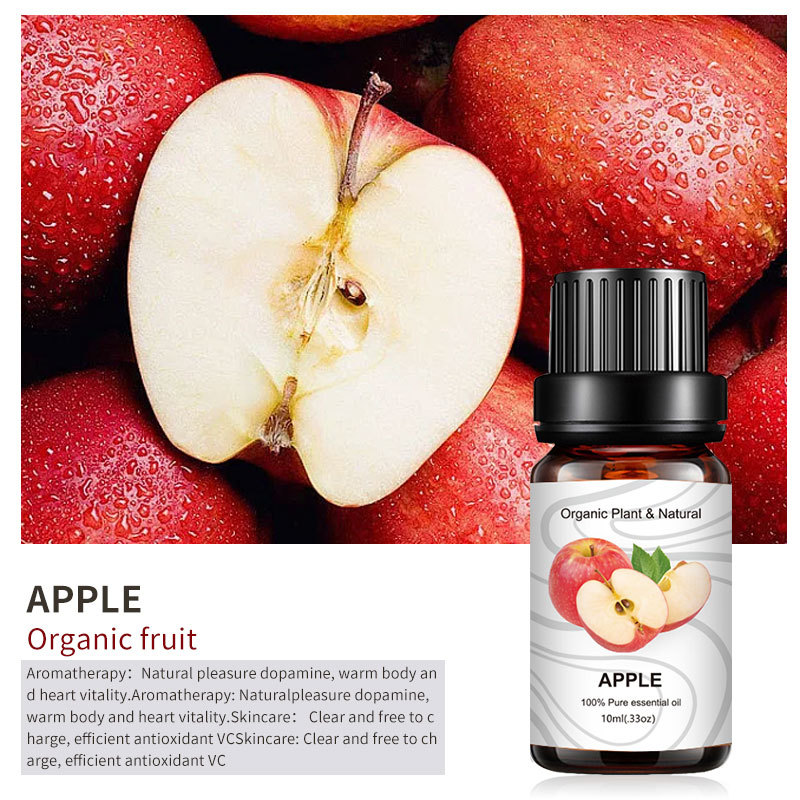



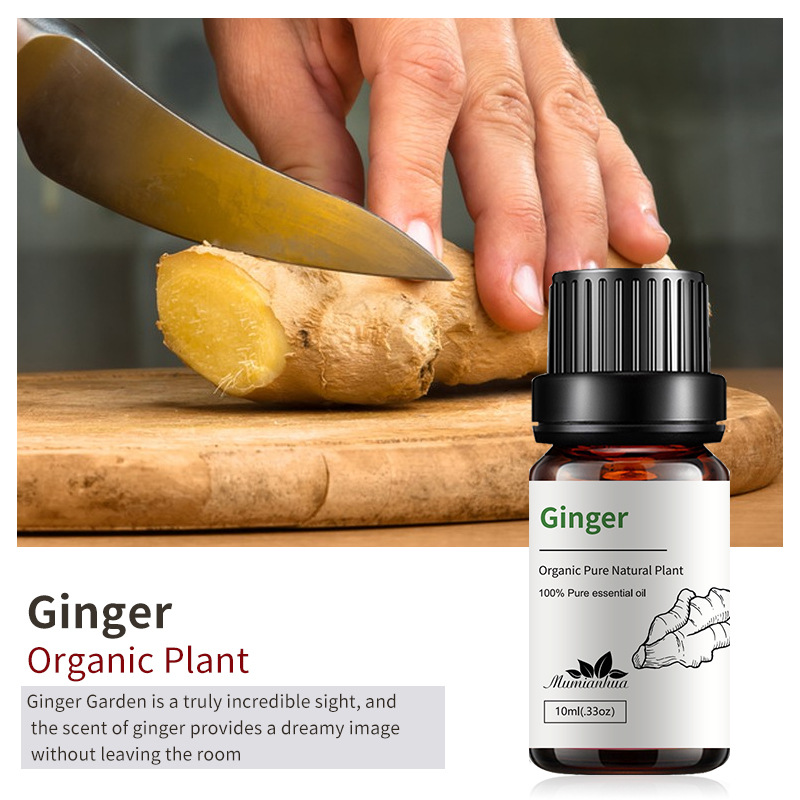
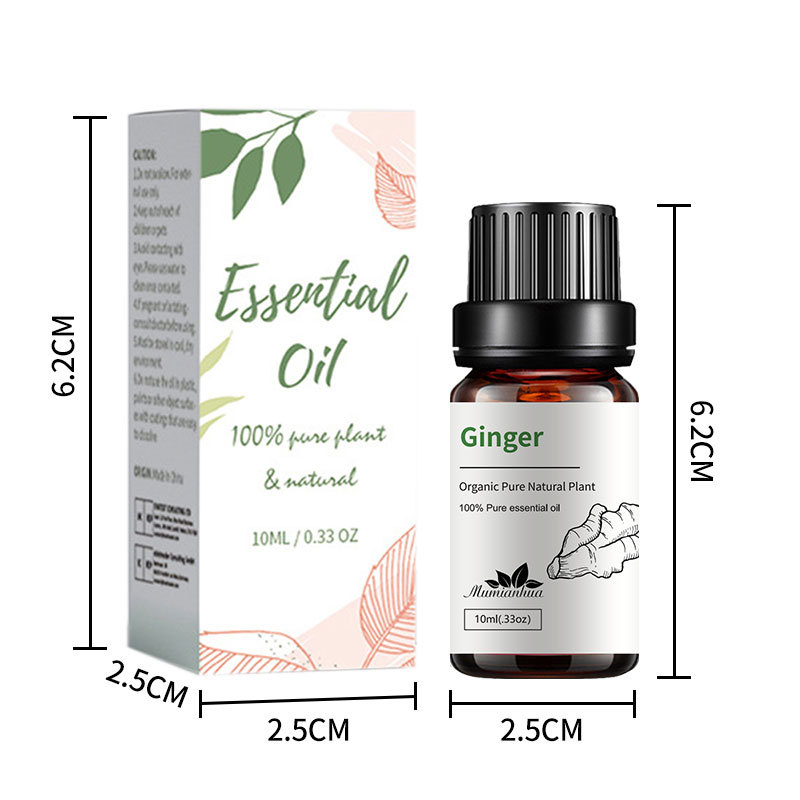
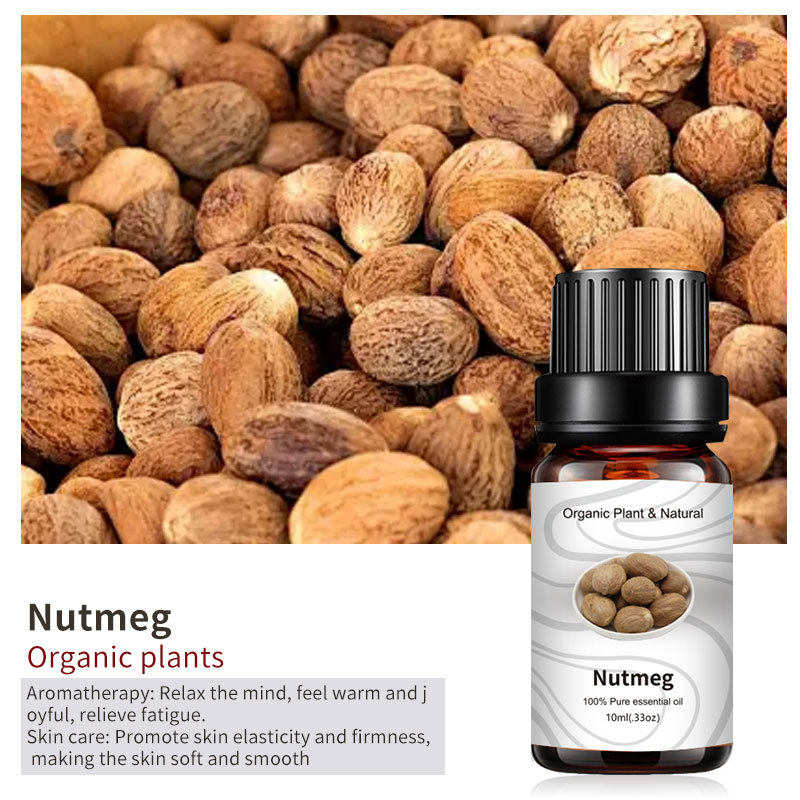
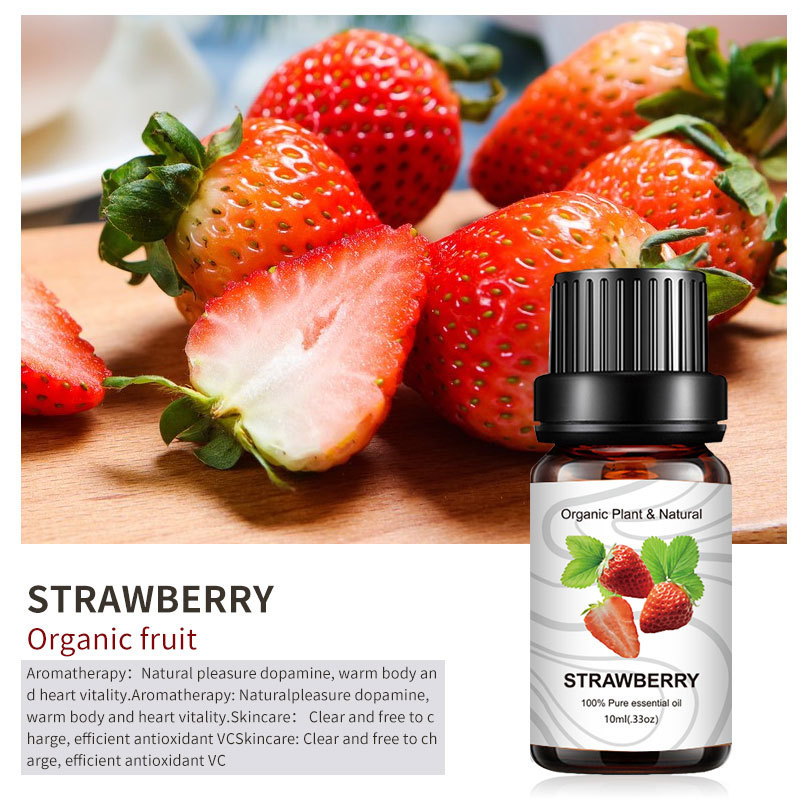
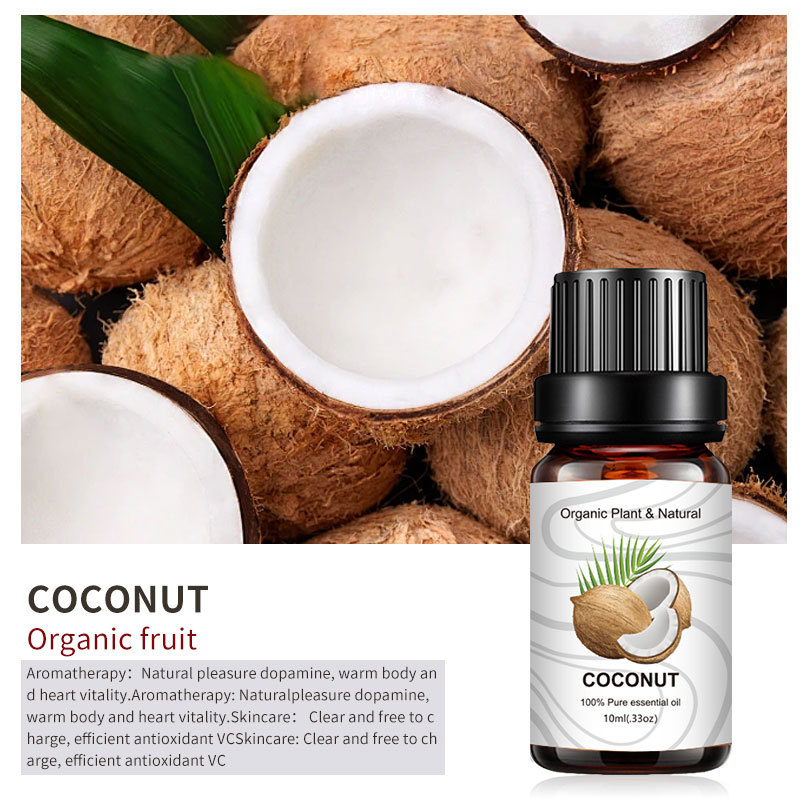
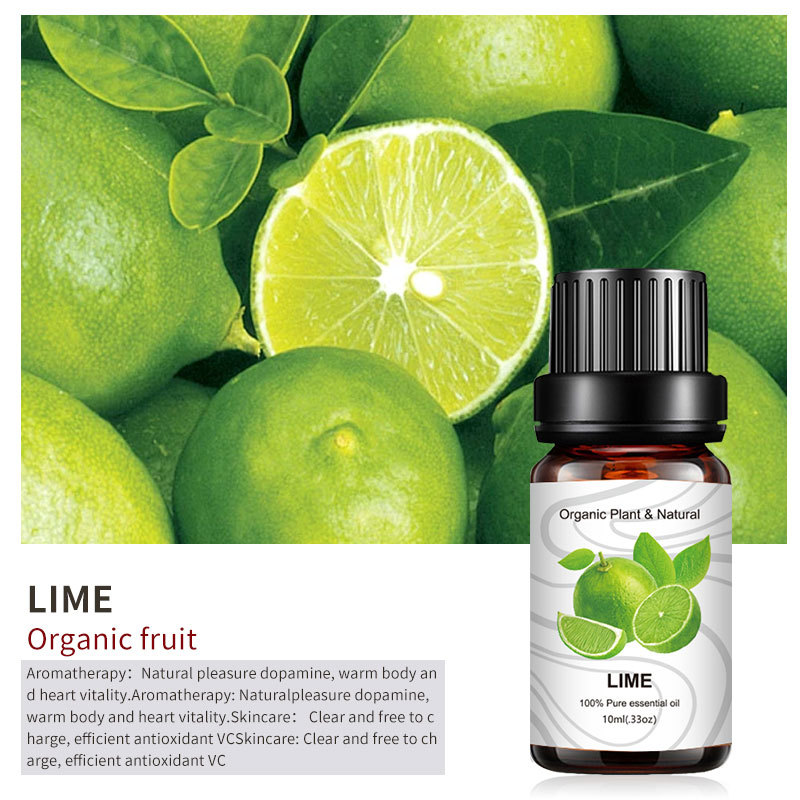
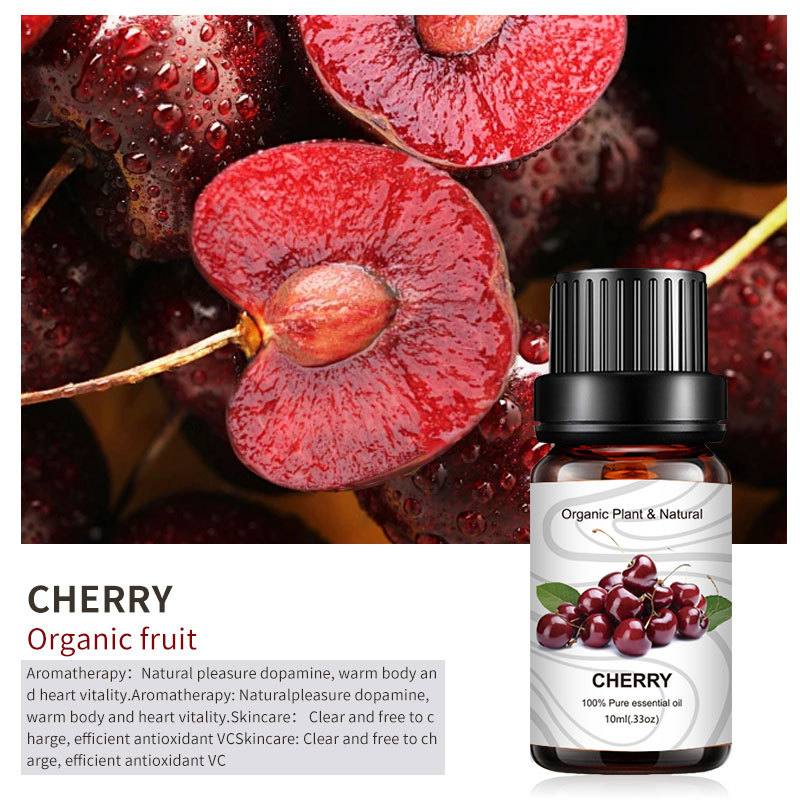
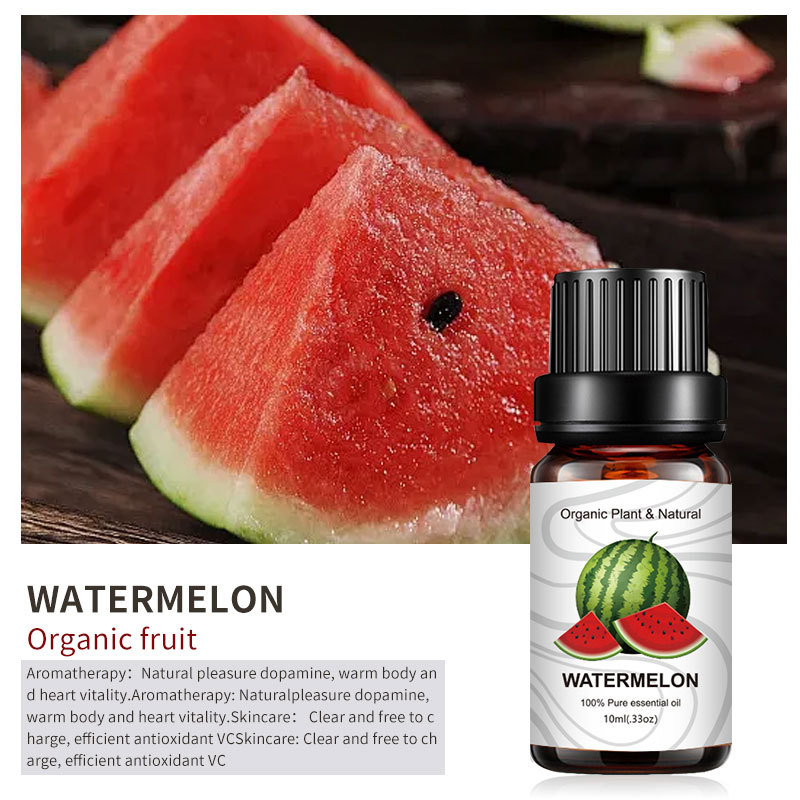
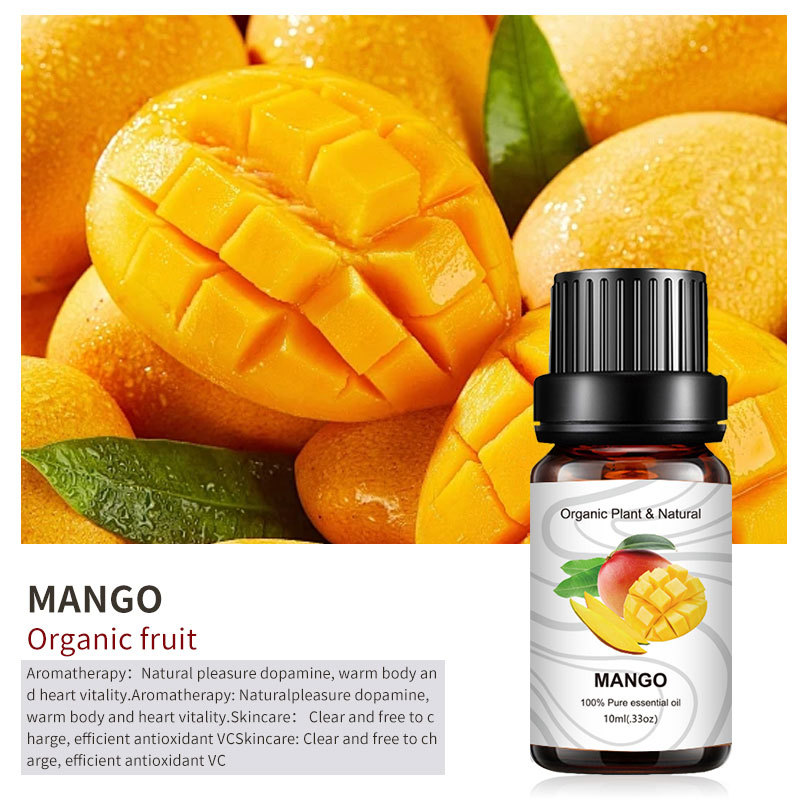
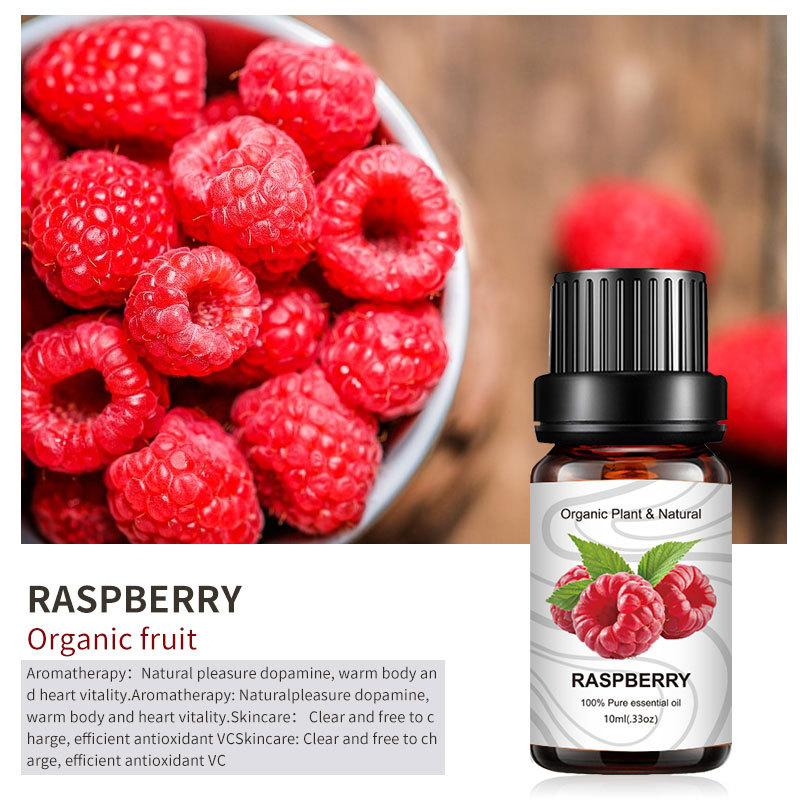
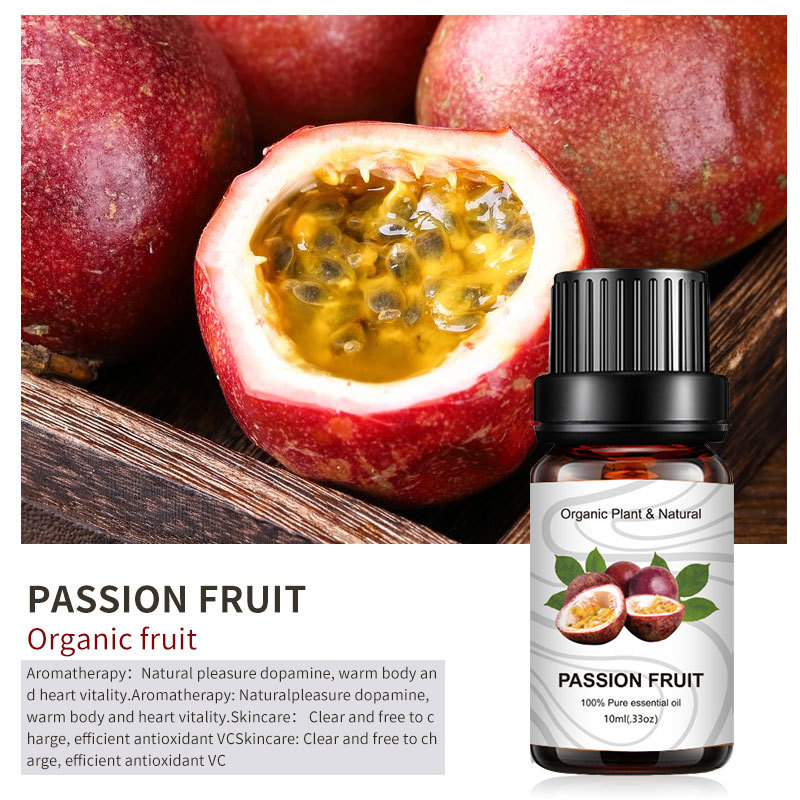
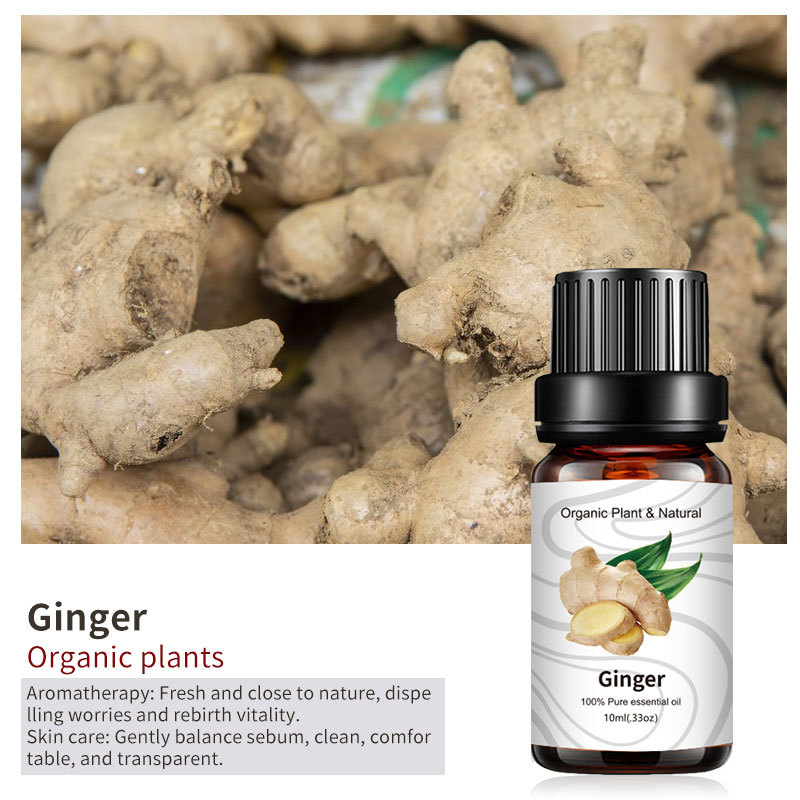
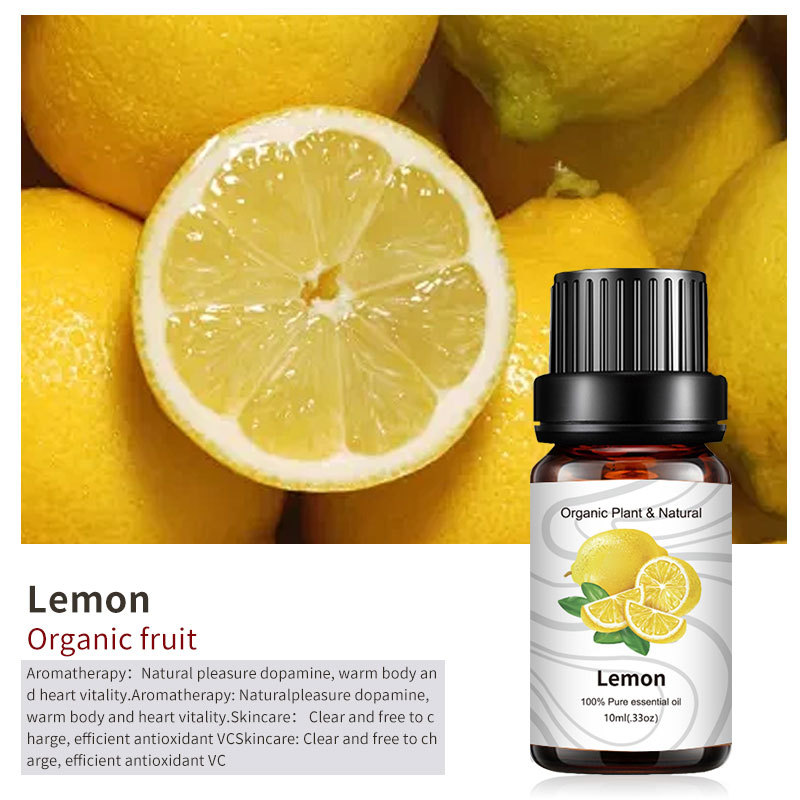
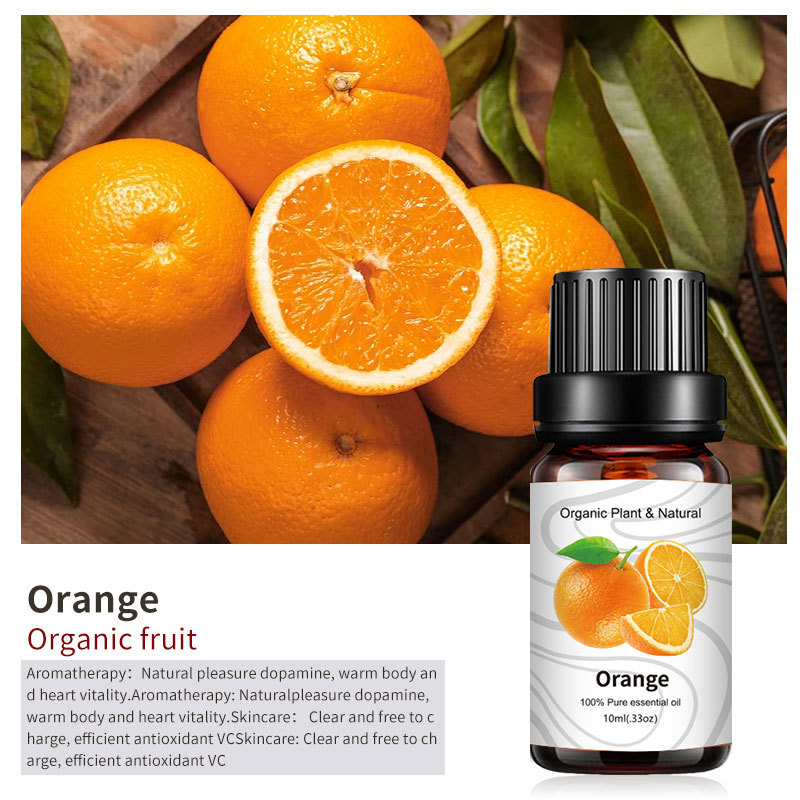
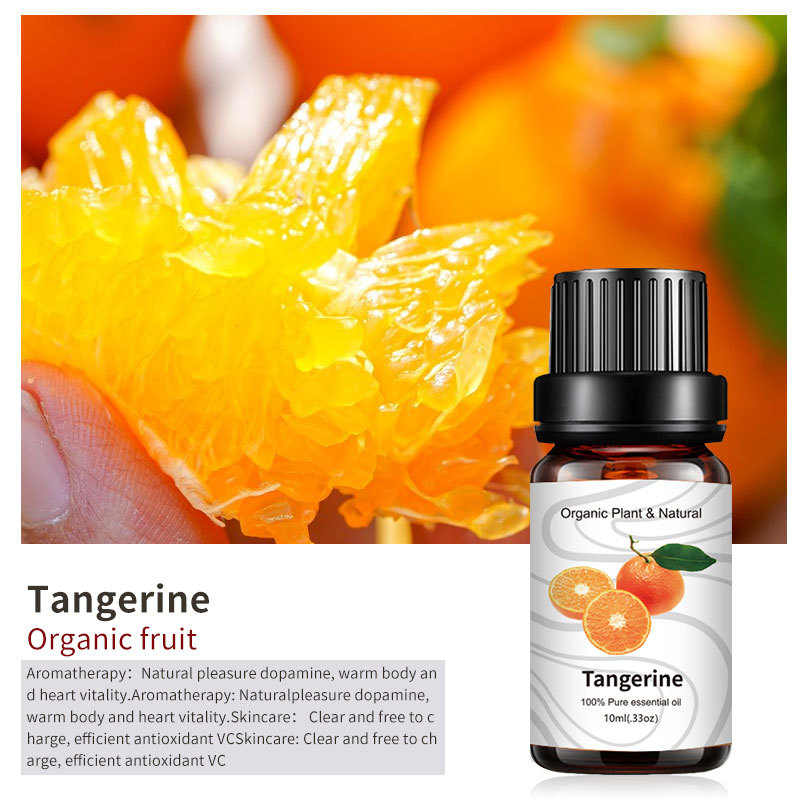
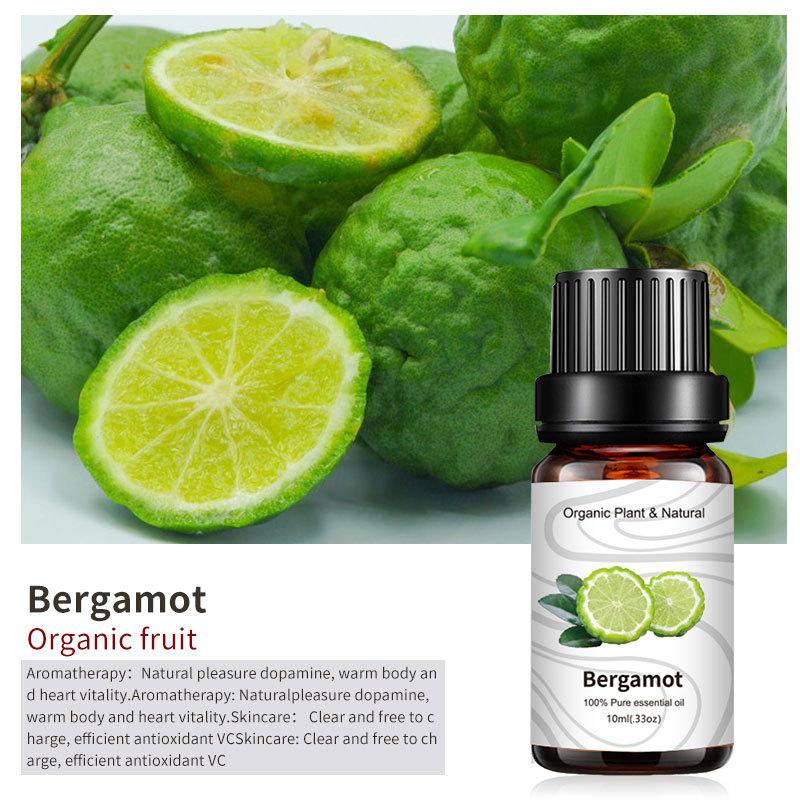
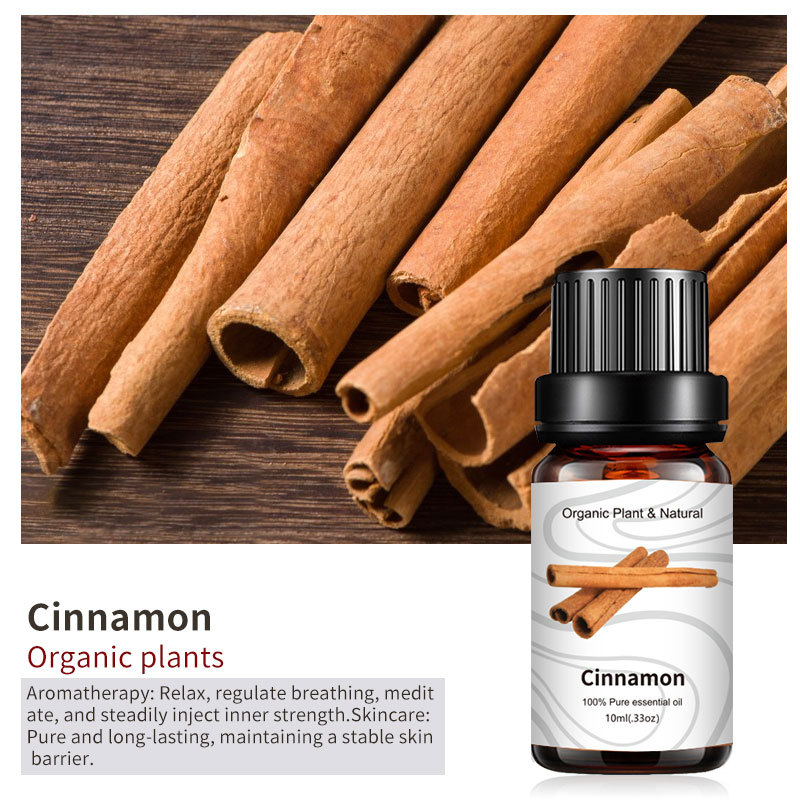
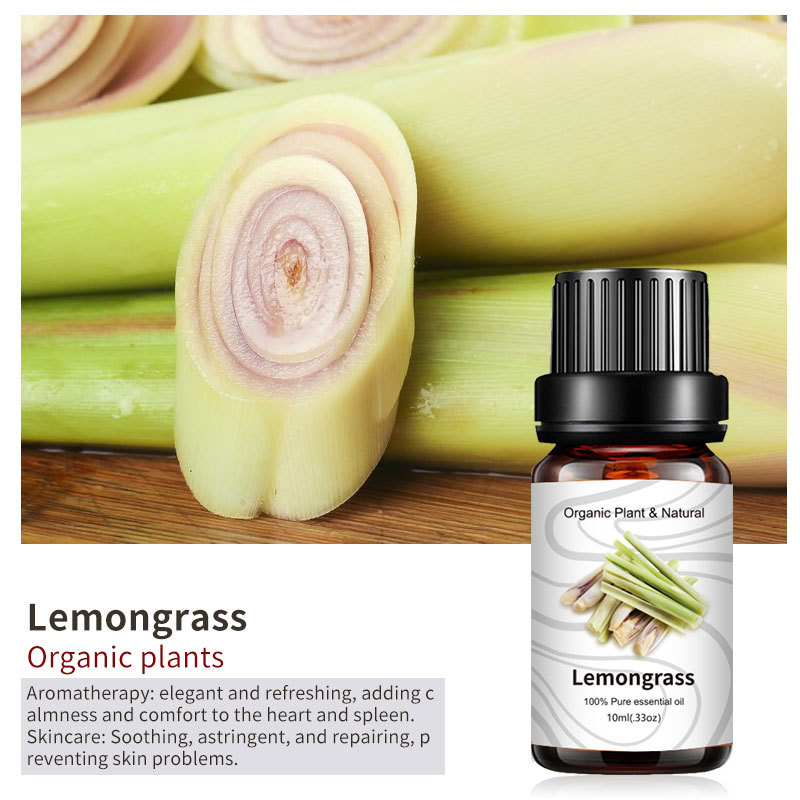
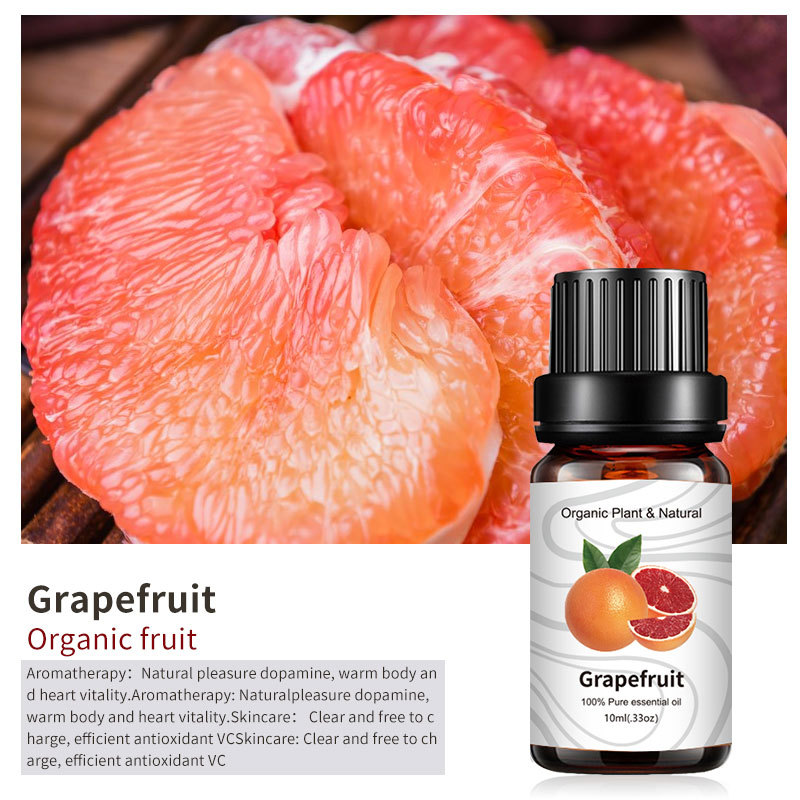
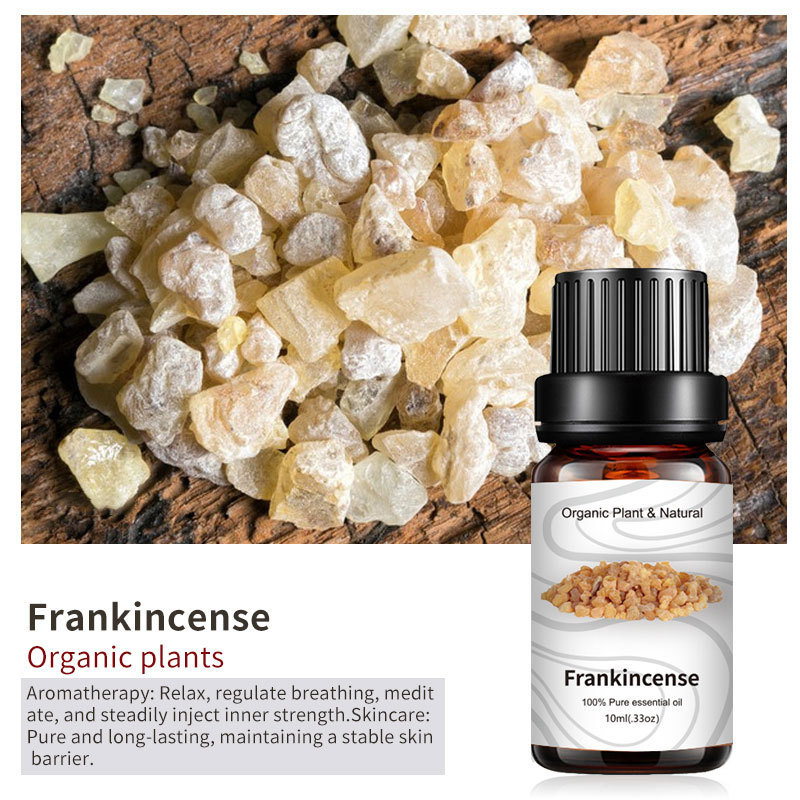

{{item.comments}}